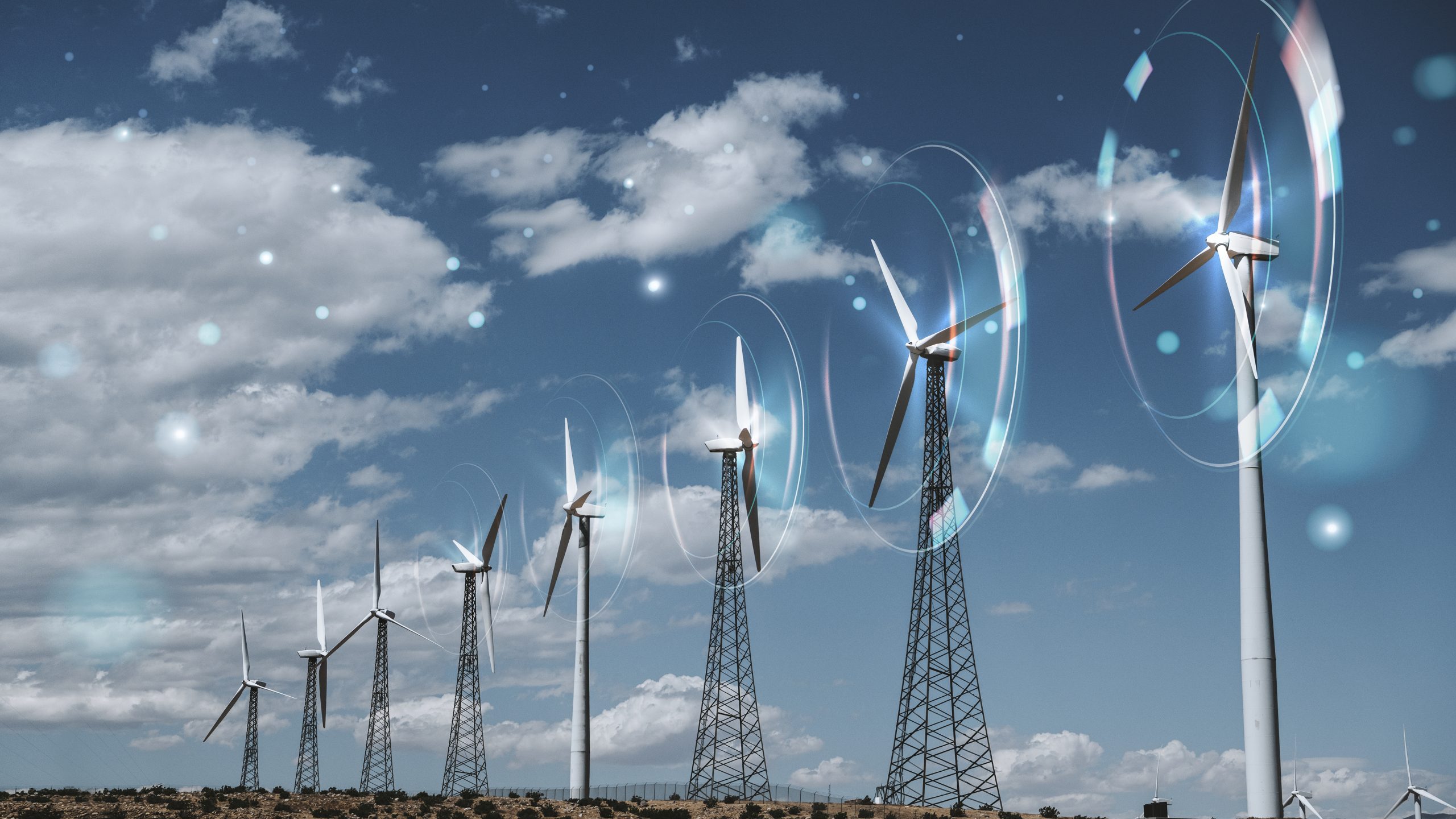As the world crosses peak hydrogen hype, how can African countries maximise the industrial and economic development opportunities while minimising the risks? Can the hydrogen economy be a game-changer for African industrialisation and job creation, or is it extractivism under a green veil?
We examine the latest developments in green hydrogen for exports and industrial use and explore the role African economies can play in the global hydrogen economy. Green hydrogen and its derivatives, like green ammonia, can be used as a feedstock for low-carbon industries, a (zero-carbon) fuel for shipping and aviation, and an energy carrier to be re-converted to electricity. Green hydrogen is also seen as a way for African countries to leapfrog outdated technologies and leverage their massive solar and wind power potential. Many countries are looking to become major exporters of hydrogen, ammonia and other derivatives while simultaneously developing a domestic hydrogen economy to jumpstart their long-overdue industrialisation.
We examine the latest developments in green hydrogen for exports and industrial use and explore the role African economies can play in the global hydrogen economy. Green hydrogen and its derivatives, like green ammonia, can be used as a feedstock for low-carbon industries, a (zero-carbon) fuel for shipping and aviation, and an energy carrier to be re-converted to electricity. Green hydrogen is also seen as a way for African countries to leapfrog outdated technologies and leverage their massive solar and wind power potential. Many countries are looking to become major exporters of hydrogen, ammonia and other derivatives while simultaneously developing a domestic hydrogen economy to jumpstart their long-overdue industrialisation.
Yet the hydrogen economy also raises many questions about how countries can best position themselves for near-term investments and long-term opportunities. Maximising the benefits of African green hydrogen will require action on multiple fronts, including industrial policies, energy systems, international partnerships, regional cooperation and domestic markets. This is more than a technical matter or a question of demand and supply. It calls for an in-depth understanding of the political economy of industrialisation in developing countries and how they can position themselves in new and emerging global value chains.
About the Authors:
Alfonso Medinilla is the head of ECDPM’s climate action and green transition team. He focuses on the geopolitics of the global green transition and renewable energy.
Koen Dekeyser is a policy officer in ECDPM’s sustainable food systems and climate action and green transition teams.


